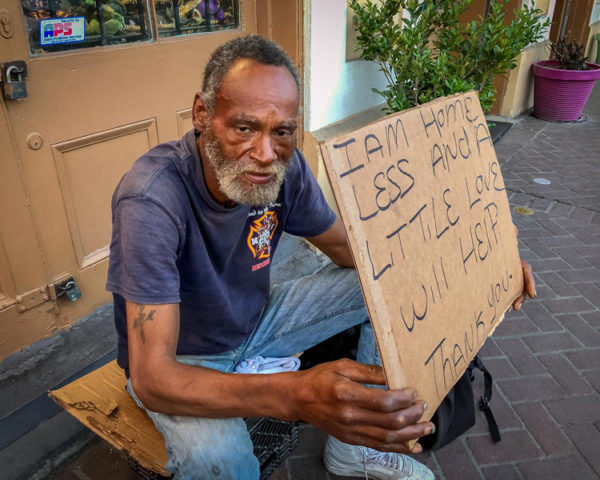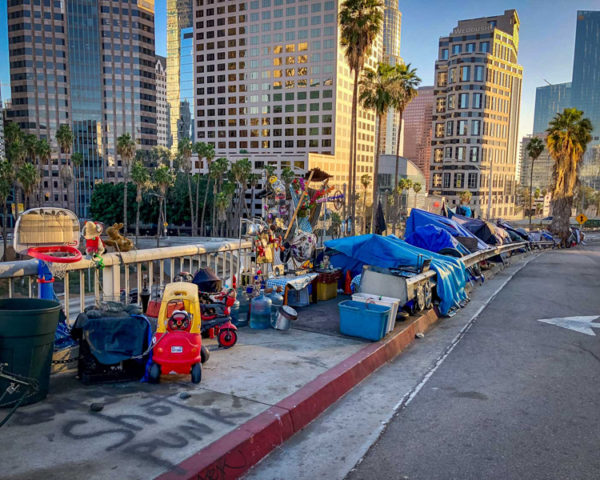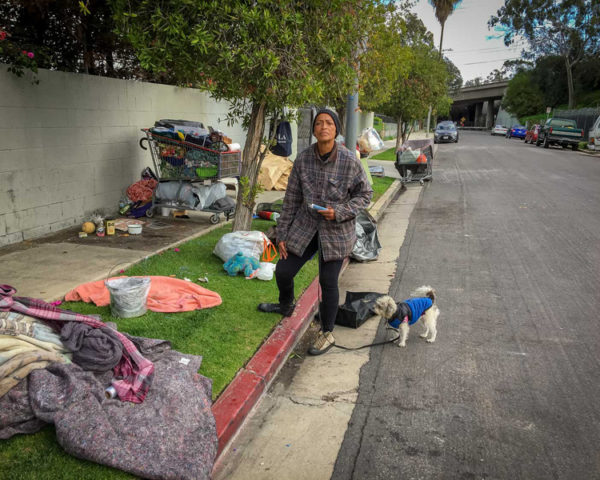
Criminalization of Homelessness
Is Homelessness a Crime?
In numerous cities and towns in the U.S., there are not enough beds available in shelters for all the people who are homeless, and some shelters close during the day. As a result, many homeless people are forced to live outside in public places like parks, bridges, and sidewalks.
Many communities have laws that criminalize activities homeless people need to do in public to survive including:
- Sitting or lying down
- Loitering or loafing
- Eating or sharing food
- Asking for money or panhandling
- Sleeping in cars and outside or camping
The cost of criminalizing homelessness is high. Anti-homeless legislation results in homeless people being arrested or fined, which makes it harder to find housing and jobs and access social services. Criminalizing homelessness does not solve homelessness and violates human rights.
The Cicero Institute’s Role in Criminalizing Homelessness
The Cicero Institute is a conservative think tank conducting research and advocacy on economic and social policies that worsen homelessness. It has contributed to the criminalization of homelessness by prioritizing private property rights over the homeless population’s needs.
A prime example is the think tank’s “Reducing Street Homelessness Act,” which erases homeless people through criminalization. This template legislation continues to influence lawmakers nationwide to increase criminalization.
The Cicero Institute fails to address and acknowledge the roots of the homelessness crisis because it fails to consult social workers or experts on homelessness. Instead, the think tank’s policies have led to more fines and arrests, further entrenching homelessness and poverty.










